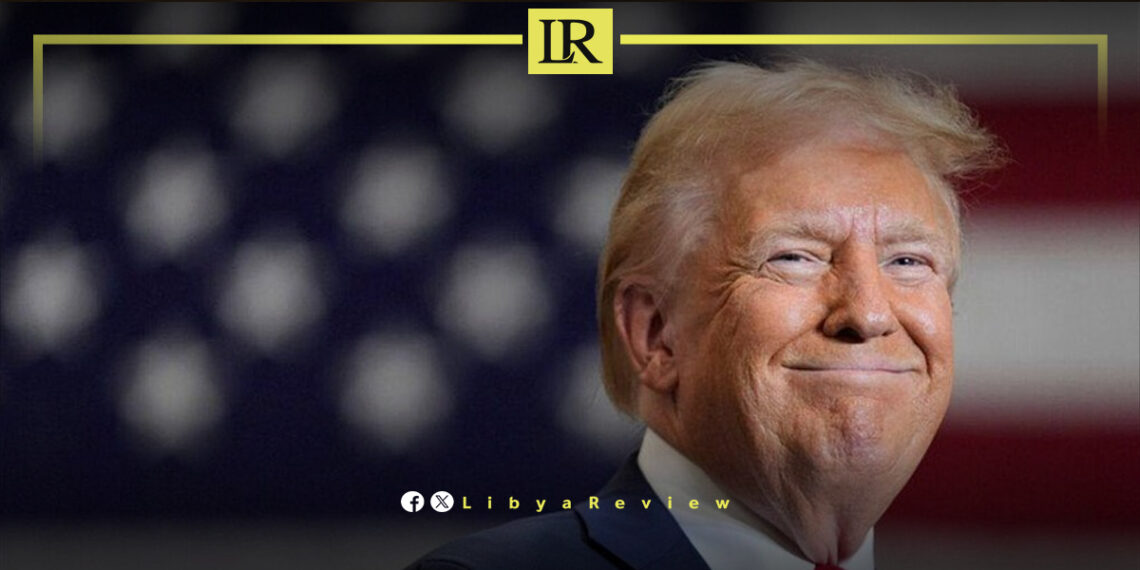President Donald Trump has issued a new executive order to extend the national emergency status imposed on Libya since the February 2011 disaster for an additional full year.
The White House stated in the executive order that this decision is issued under the International Emergency Economic Powers Act, confirming that Libya still poses an extraordinary and exceptional threat to the national security and foreign policy of the United States.
The order noted that “the situation in Libya still requires the continuation of the national emergency status, as violence persists in the country, and armed group attacks continue against state facilities, in addition to ongoing human rights violations and breaches of the arms embargo imposed on the country.”
The order also warned that “the embezzlement of Libyan natural resources threatens peace, security, stability, sovereignty, democratic transition, and the territorial integrity of Libya, and thus poses an extraordinary threat to the national security and foreign policy of the United States.”
Libya has been in chaos since a NATO-backed uprising toppled longtime leader Muammar Gaddafi in 2011. The county has for years been split between rival administrations.
Libya’s economy, heavily reliant on oil, has suffered due to the ongoing conflict. The instability has led to fluctuations in oil production and prices, impacting the global oil market and Libya’s economy.
The conflict has led to a significant humanitarian crisis in Libya, with thousands of people killed, and many more displaced. Migrants and refugees using Libya as a transit point to Europe have also faced dire conditions.
The planned elections for December 2021 were delayed due to disagreements over election laws and the eligibility of certain candidates. This delay has raised concerns about the feasibility of a peaceful political transition.
Despite the ceasefire, security remains a significant concern with sporadic fighting and the presence of mercenaries and foreign fighters. The unification of the military and the removal of foreign forces are crucial challenges.


